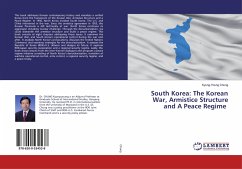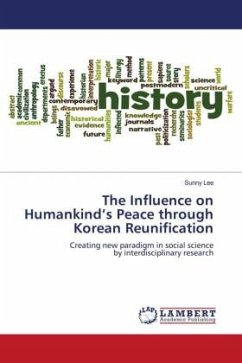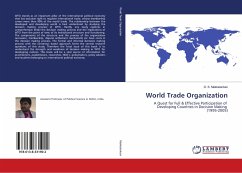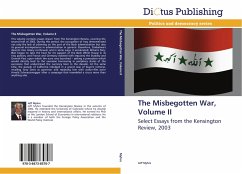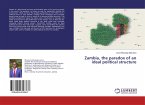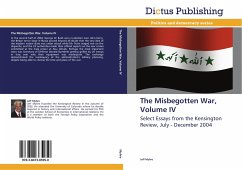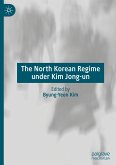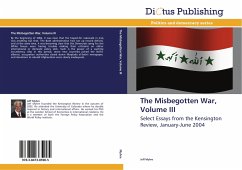This book addresses Korean contemporary history and visualizes a unified Korea from the framework of the Korean War, Armistice Structure and a Peace Regime. In 1950, North Korea invaded South Korea. The U.S. and China intervened in the war. Since the armistice agreement in 1953, the Korean Peninsula is still technically at war. North Korea continues its aggression including nuclear challenge. Through the denuclearization, we could dismantle the armistice structure and build a peace regime. This book consists of eight chapters addressing those issues. It examines the Korean War, and South Korea's operational control during the war and after. It analyzes North Korea's provocations, discusses the United Nations Command, and examines strategies for the denuclearization. It assesses the Republic of Korea (ROK)-U.S. alliance and designs its future. It explores ROK-Japan security cooperation and a regional security regime. Lastly, the book draws lessons from the inter-Korean dialogues and proposes a peace regime initiative consisting of North Korea's denuclearization, transition of wartime operational control, arms control, a regional security regime, and a peace treaty.

